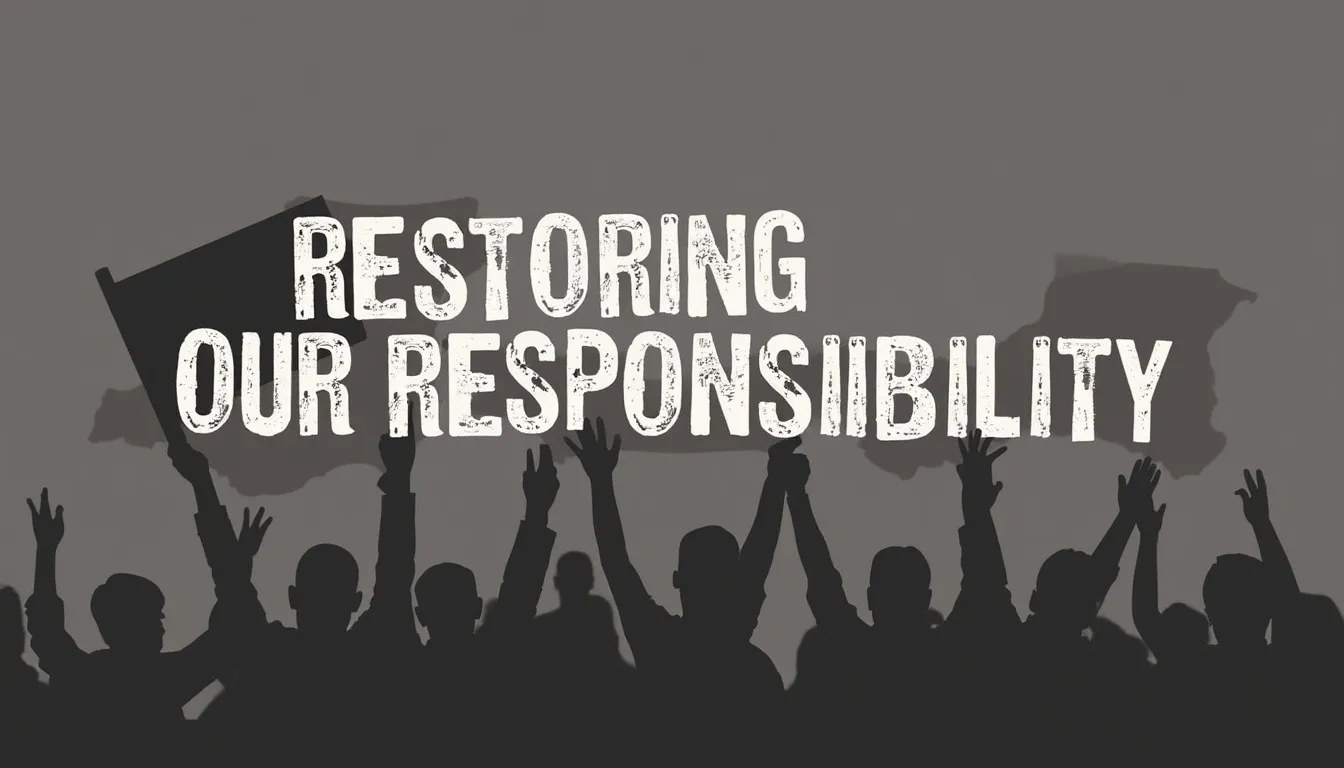
Restoring Our Responsibility: Christians’ Obligation to Vote and Influence the Nation Positively
The call for Christians to engage in the political process has never been more urgent. In a recent discussion hosted by WarRoom.org, prominent voices Dave Brat and Bill Federer articulated the profound obligation that Christians have to participate in voting and civic engagement. Their insights remind us that influencing our nation positively is not merely a civic duty but a moral imperative.
Moral Obligation to Vote
Dave Brat emphasized the importance of viewing voting as a deeply rooted moral obligation for Christians. He articulated that abstaining from voting is akin to surrendering one’s personal sovereignty and moral responsibilities. The act of casting a vote, he argued, is a crucial way for Christians to express their values and beliefs in the public sphere.
Consequences of Disengagement
Brat made a compelling analogy, comparing not voting to a game where individuals passively consent to policies and actions they may fundamentally oppose. By remaining silent in the face of societal injustices, they risk tacitly approving of them. This assertion highlights the critical importance of active participation in the democratic process.
Historical Context
Bill Federer provided a historical perspective, discussing how effective governance in many early democracies relied on the active participation of informed citizens. He drew parallels from history, noting how Puritans and early Americans looked to ancient Israel as a model of self-governance, where the citizen was likened to the king. Such historical reflections underscore the necessity of civic engagement as a foundational aspect of democracy.
Dangers of Tyranny
Federer cautioned against the dangers of political apathy, illustrating how failure to engage can lead to tyranny. He referred to the downfalls of ancient Greece and Rome, emphasizing that when citizens—especially Christians—fail to take an active role in governance, they risk allowing systems of power to devolve into autocratic regimes.
Cultural and Educational Shift
Addressing contemporary issues, Federer criticized the tactics he identified as socialist, which aim to sever the connection of citizens with their historical roots. He cited techniques that stress negative aspects of the past to engender a sense of neutrality, thereby making individuals more vulnerable to new ideologies. This disconnect poses a threat to civic engagement and the values that underpin democratic society.
Need for Education
Federer called for an urgent educational effort aimed at young people to instill an understanding of America’s unique democratic heritage. He advocated for Christians to reclaim their roles as active participants in governance, engaging at all levels of the political process. This educational initiative is seen as essential for countering the erosion of civic responsibility.
Sacred Duty
Both Brat and Federer asserted that engaging in governance transcends optional participation; it is a sacred duty critical for the nation’s health and future. They urged Christians to not only vote but to actively shape the nation according to their moral values and principles.
Preserving Democratic Values
The discussion culminated in emphasizing the importance of understanding America’s historical context to safeguard the nation’s democratic values. Brat and Federer both insisted that Christians must proactively engage in educating others while advocating for policies that align with their ethical beliefs.
In conclusion, the insights from Brat and Federer serve as a clarion call for Christians to embrace their responsibilities in shaping society. Active civic engagement, particularly through voting and local governance involvement, is essential for fostering a nation that reflects Christian values. The future of democracy hinges on the commitment of individuals to participate actively in the political landscape.
